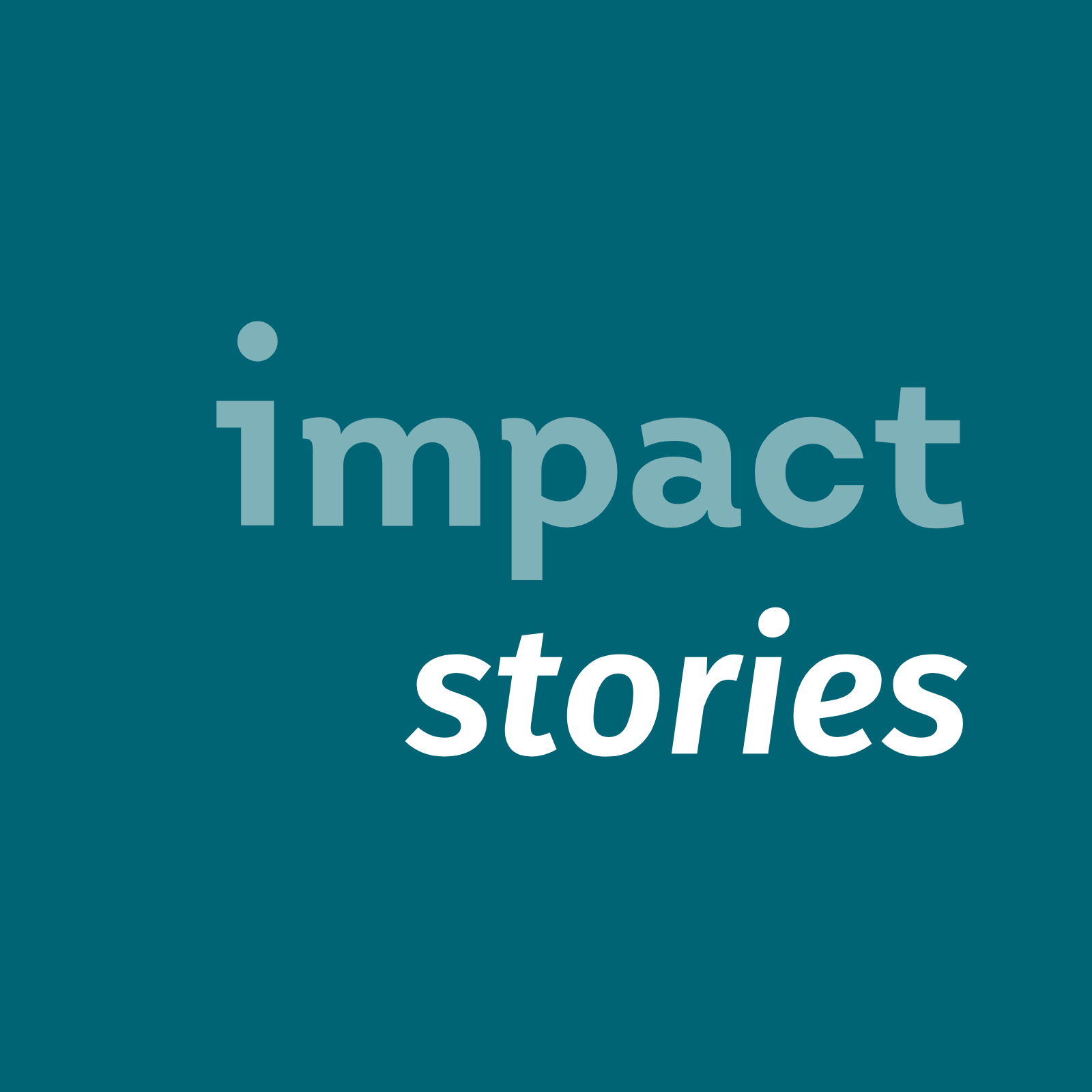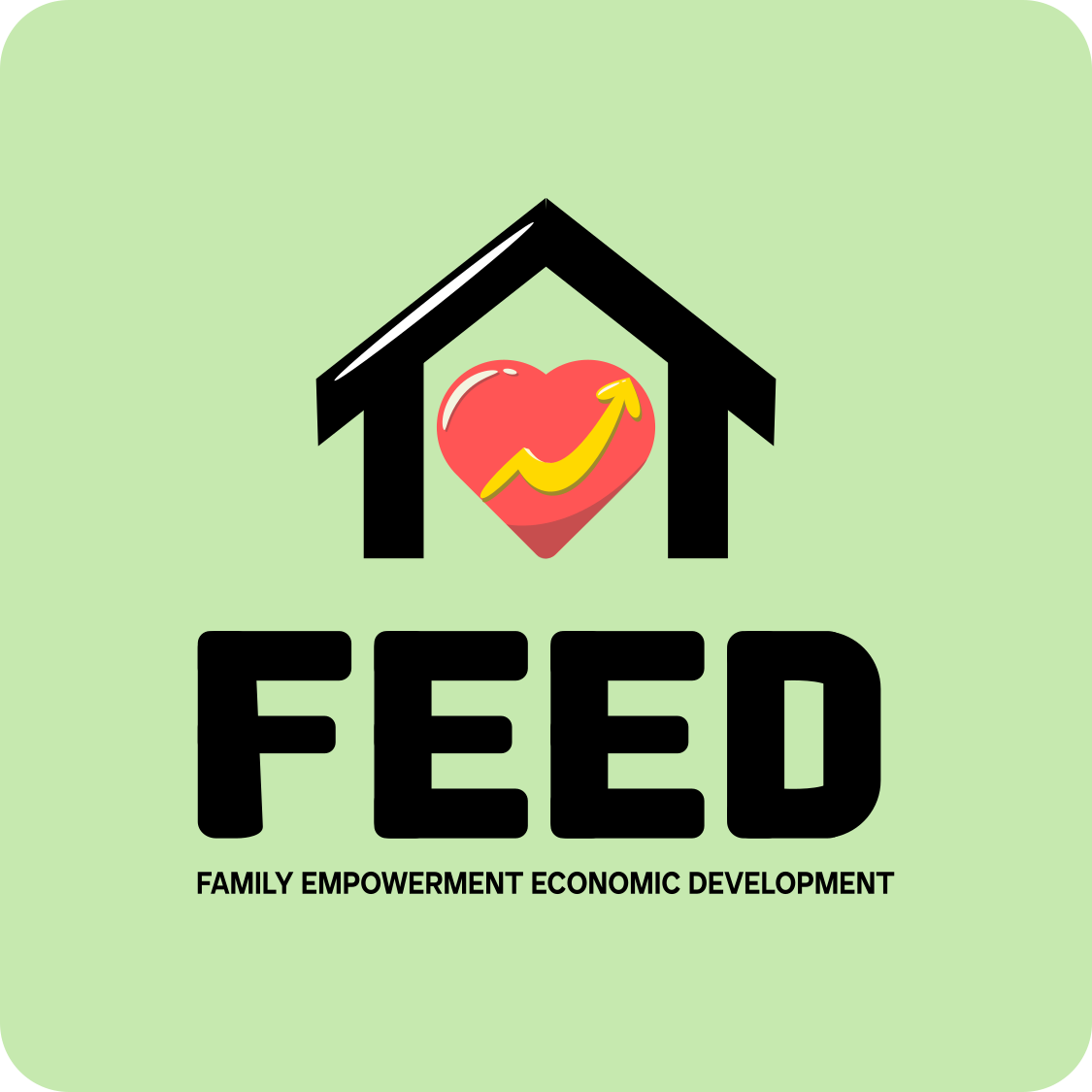

Projek FEED
Projek FEED alleviates poverty by teaching members of economically challenged families how to run their own businesses. Co-founder Nur Diyana Sulaiman introduces the mentorship programme and explains how her company empowers poor families in rural areas.
To start, can you briefly introduce yourself?
My name is Nur Diyana Sulaiman. I am in my final year at university and the CEO of Projek FEED Management Services.
What inspired you to run a social business before even graduating from university?
In Brunei, university students do community work during what’s called a Discovery Year. This was when I met my co-founders, Ahmad Fadillah and Nazmah Samad. They probably liked my work ethic, so they invited me to kick-start the company with them as well as recruited other members. This was in June 2020.
The families I got exposed to during our work really inspired me. I realised there is a knowledge gap between economically challenged families and the middle class. Often, they lack financial literacy and do not know how to market their products. Plus, they also lack the knowledge on how to make their business and livelihood sustainable. At Projek FEED, we want to bridge this gap.

What is Projek FEED all about?
Projek FEED started under an NGO called Projek Bina Ukhwah launched in 2017. Last year, we restructured it into a social enterprise, but we haven’t changed its purpose: We want to alleviate poverty and help economically challenged families to regenerate their livelihood towards sustainability.
To do so, we have established two main programmes. The first one, FEED Mentoring Programme, provides mentoring to people from low-income families. We engage mentors from different backgrounds to teach them about entrepreneurship as well as help them improve their self-esteem and mindset.
The second one is our Village Empowerment Programme. We give grass cutting machines to the heads of villages. People from economically challenged backgrounds can borrow them for free and provide cutting services around the village. This enables them to have their daily income.

What is the special value you create for families?
Perhaps you know the saying: If you give someone a fish, they will be hungry tomorrow. If you teach them to fish, they will be richer forever. We want to give people the knowledge they need to generate their own income to sustain themselves and their families.
Can you tell us more about your mentorship programme?
The programme takes six months. Our goal is for participants to set up their own enterprises. So, we teach them about financial literacy, communications, and business technicalities like contingency plans and risk management. In addition, we support them mentally by covering topics like spirituality and confidence building. We also search for sponsors and angel investors that want to invest in their start-ups.
Before our mentees get enrolled in the programme, we ensure they really want to change their lives and are able to commit to the programme. We also learn about their skills and interests. Getting to know them and figuring out if the programme is right for them takes three to four months.
One of our mentees, for example, makes customised PVC cages for pets. We found an angel investor for him and helped him monitor his business. Now, he makes 2000 BN dollars a month.
What would be the next best options for your mentees?
There are some NGOs and government initiatives in Brunei that target economically challenged families. However, most of them just hand out aid. There is also a government initiative called DARe, which offers entrepreneurship classes, but they are held in English. We teach in Malay, which our participants find easier to follow. Also, our mentors speak the language of struggle: They are successful entrepreneurs who are ex-convicts or had come from low-income families themselves.
How many people has Projek FEED impacted so far?
Our first batch of mentees has only recently graduated. Six people finished the programme, and a seventh person – the man producing PVC cages – left early because he was so successful. Four of our mentees were women, mostly single mothers.
In the Village Empowerment Programme, we currently work with four villages. They have received three grass cutting machines on average, all of which are being used daily.
In addition, we are in regular contact with 150 families that were targeted by our NGO predecessor. We support them in different ways, like providing them with food or referring their breadwinners to companies for employment.
We believe that our programme not only empowers these individuals but their entire families.
How do you measure the impact you create?
In the Village Empowerment Programme, the village heads collect data on how often the machines are being used and by which families. These numbers are important, but the most meaningful feedback for us is when other village heads reach out to us and ask for the programme to come to their villages, too.
In the mentorship programme, we are currently monitoring all participants after the termination of the programme. Their livelihoods already started to visibly improve even when the programme was still running. The most memorable impact is when our mentees actively apply the lessons learnt to their business and have improvements in their self-esteem and mindset.

How do you finance your programmes?
As of now, we don’t charge the participants of our programmes. We might set a registration fee in future, which company sponsors will pay for the mentees.
Instead, we receive grants and investments, both financial and in-kind. For example, we have reached out to larger companies to provide us with chairs and tables for our classrooms. They want our programme to succeed. The government has offered its support, too, and we appreciate their support towards reaching a whole-of-nation initiative in alleviating poverty.
Last year, we also ran a for-profit subsidiary called Bakamas, which offered grass-cutting services. We had to terminate this branch, however, and are exploring alternative ideas now.
In total, we raised 10,000 dollars last year.

How are you going to grow your company?
I like this question, because it involves imagining the endless possibilities we have to improve the business.
We would like to cut the mentoring programme down to three months, making it intensive but effective. This way we could have it twice a year. We are also planning to invite mentees from previous batches to be teachers.
In the Village Empowerment Programme, we also want to provide car washing machines and ovens for bakery services. There are so many possible ways to grow the programme.
When it was still part of the NGO, Projek FEED also served as a platform for other companies to run their CSR programmes. After the 2020 rebranding, we had some difficulties restarting this feature. But we would love to relaunch it in future.
What do you need to realise these plans?
Mostly more people. We need both staff and volunteers to implement our ideas. Like any young company, we also need more capital. We are looking for sponsors and investors, but also want to launch a for-profit subsidiary again.

Which struggles has your company overcome?
A big one is finding personnel. We are supported by a lot of volunteers, who have many different commitments, however. Also, since we are a very young company, our team has taken some time to get attuned to each other. We have solved this through a team-building process and work far more efficiently now. In addition, there are still some financial hurdles.
What inspired you to keep going?
We were on the verge of disbanding when some of our core members said that Projek FEED was something good and necessary and it would be a waste for it to disappear. Our core members truly believe in the vision and mission of this initiative. The enlightening and inspiring interactions with economically challenged families along this journey also helped us to keep it up. This is what keeps us going together.
What recommendations do you have for other young companies?
We don’t shy away from reaching out to private companies, sponsors and investors to ask for help. This has been very important for us. We want to bring everyone together for a good cause that gives back to society.

The Impact Stories are produced by the Inclusive Business Action Network (iBAN). They are created in close collaboration with the highlighted entrepreneurs and teams. The production of this Impact Story has been led by Susann Tischendorf (concept), Sara Karnas (video), Katharina Münster (text and infographics), Christopher Malapitan (illustrations), and Alexandra Harris (editing). The music is royalty free. All photographs are courtesy of Projek FEED.
Updated: 08/2021.